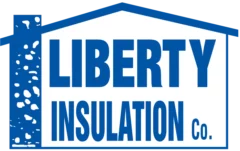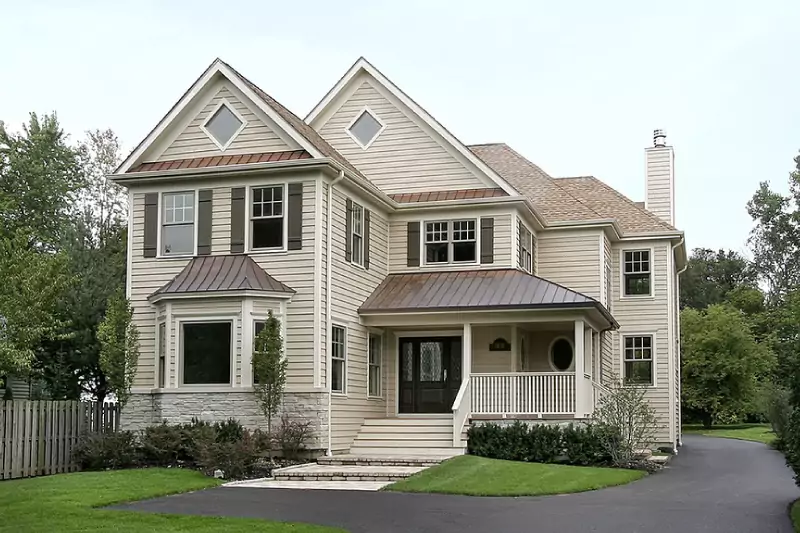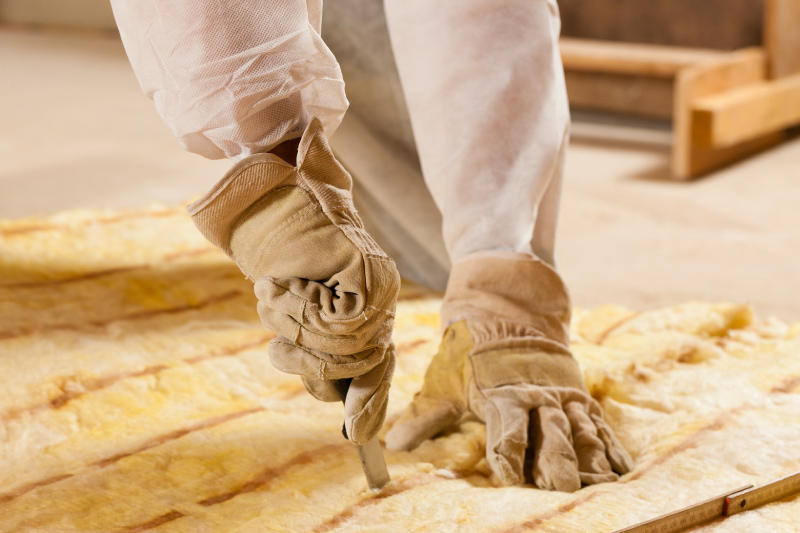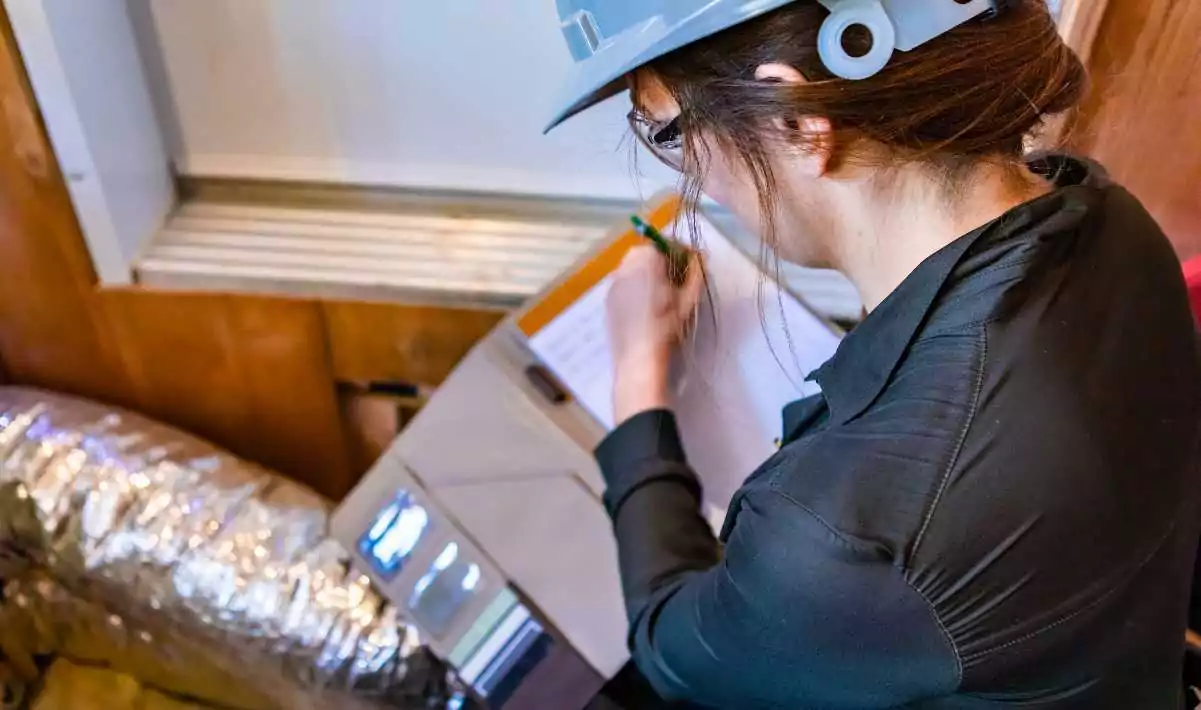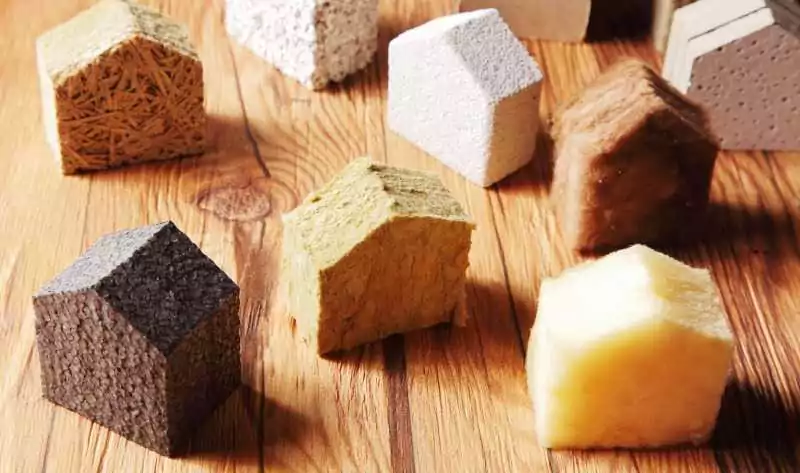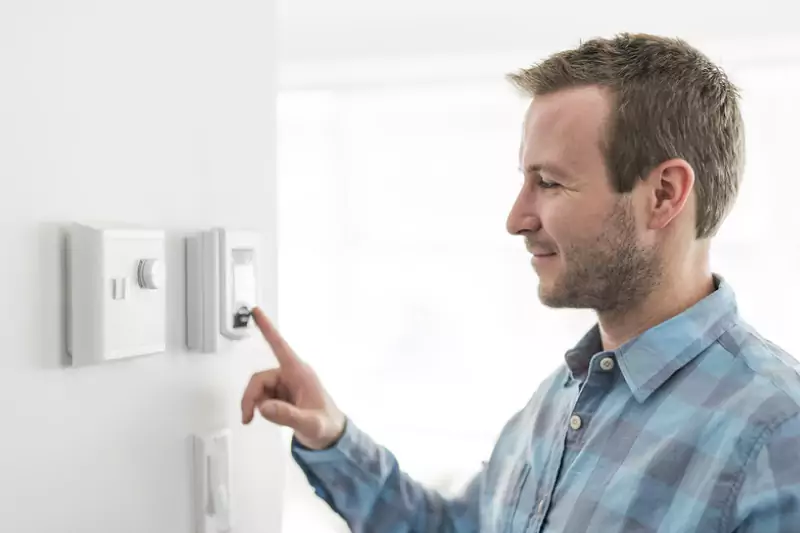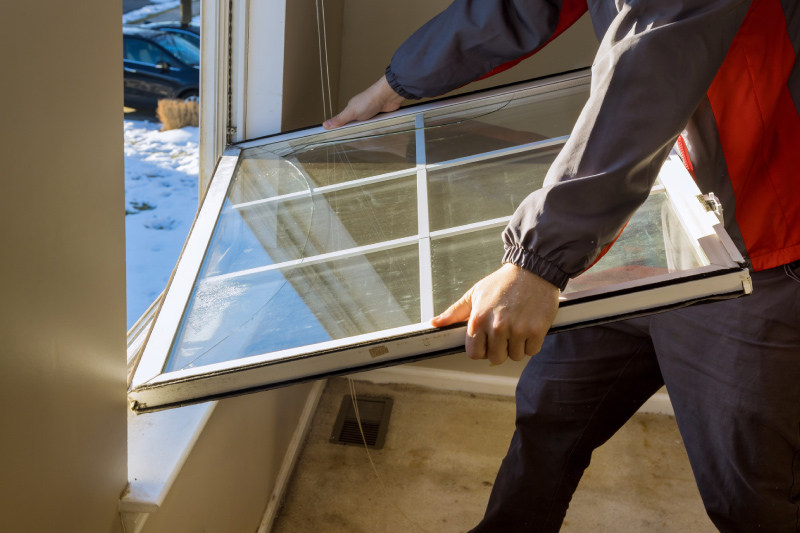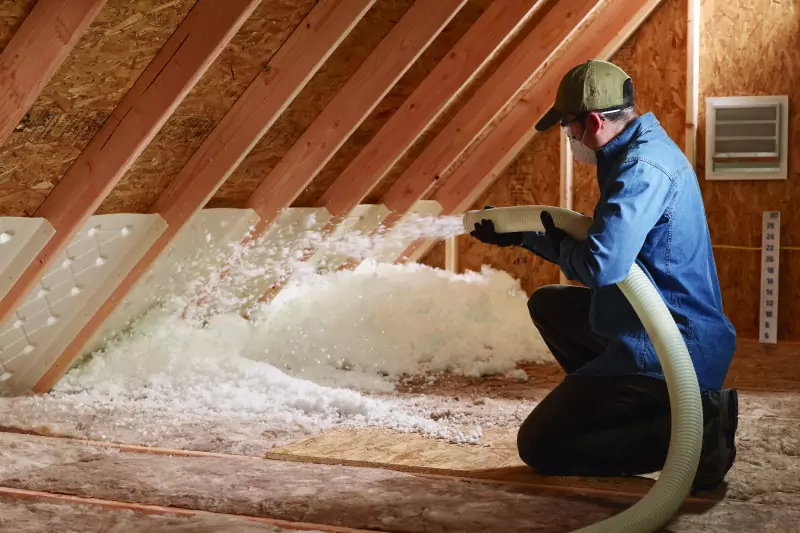Insulation FAQs
Our goal at Liberty Insulation is to meet all your residential or commercial insulation needs. If you have questions, we’re here to answer them.
Read on for a not quite exhaustive (but close) list of frequently asked questions about insulation. We’ll attempt to explain every who, what, when, where, and how question you might have about insulation for your home or building.
Need more information about any of our insulation products or services? Contact us today to speak with a member of our expert insulation team.

